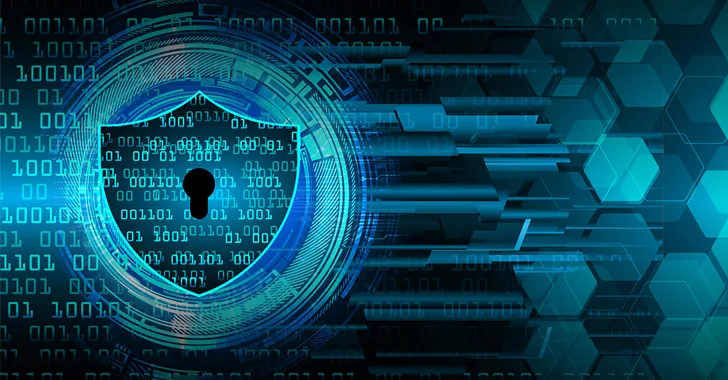The healthcare industry has recently witnessed a significant shift towards remote healthcare services. Telehealth, telemedicine, and remote patient monitoring have become increasingly popular because they provide convenient and accessible healthcare to patients, regardless of their geographical location. Call centers support these remote healthcare services by facilitating communication between patients and healthcare providers. In this article, we will explore in detail how call centers support remote healthcare services and the benefits they bring to both patients and healthcare professionals.
Appointment Scheduling and Reminder Services
Call centers are the primary point of contact for patients seeking remote healthcare services. They efficiently manage appointment scheduling and reminder services, ensuring patients are connected with the right healthcare professional at the right time. With the help of advanced call center software, agents can efficiently schedule appointments, reschedule when necessary, and send timely reminders to patients via phone calls, SMS, or email. This streamlined process reduces no-show rates and improves overall patient satisfaction.
Triage and Initial Medical Assessments
Call centers with trained medical personnel can provide initial triage and medical assessments to patients seeking remote healthcare services. Nurses or healthcare professionals operating the call center can assess patients’ symptoms, provide medical advice, and direct them to appropriate care based on their condition. Healthcare call center services help prioritize patients, ensuring that those needing urgent care are attended to promptly. At the same time, less critical cases are provided with suitable remote healthcare options.
Remote Monitoring and Follow-up Care
Call centers play a vital role in remote patient monitoring and follow-up care. Call center agents can check patients’ well-being, monitor their progress, and provide necessary guidance and support through regular phone calls or video consultations. This ongoing communication helps healthcare professionals stay updated on patients’ conditions, identify any changes or concerns, and make timely interventions. Remote monitoring and follow-up care reduce the need for frequent hospital visits and improve patient outcomes.
Patient Education and Health Promotion
Call centers are excellent platforms for patient education and health promotion. Trained agents can provide patients with information about their medical conditions, explain treatment plans, and answer any queries.
Moreover, call centers can offer health promotion initiatives, such as preventive care reminders, medication adherence programs, and lifestyle recommendations. By empowering patients with knowledge, call centers contribute to their overall well-being and enable them to participate in their healthcare management actively.
Language and Cultural Support
Call centers provide language and cultural support to patients seeking remote healthcare services in a diverse society. Multilingual agents can bridge the communication gap between healthcare providers and patients needing to be fluent in the local language.
Call centers offer interpretation services to ensure patients fully comprehend their medical conditions, treatment options, and follow-up instructions. This eliminates any potential misunderstandings and enhances the patient experience.
Data Management and Integration
Call centers play a critical role in data management and integration. They collect and store patient information securely, ensuring compliance with privacy regulations such as HIPAA. Call center software integrates with electronic health record (EHR) systems, enabling seamless transfer of patient data between healthcare providers. This ensures that all relevant information is readily available to healthcare professionals, enhancing the quality and continuity of care.
Technical Support and Troubleshooting
When you outsource medical billing services, you also get call center assistance. This includes technical support and troubleshooting for patients utilizing remote healthcare services. As technology plays a significant role in telehealth, patients may encounter technical issues using video conferencing platforms, remote monitoring devices, or mobile applications. Call center agents with technical expertise can assist patients in resolving these issues, ensuring a smooth and uninterrupted remote healthcare experience.
Moreover, call centers can serve as a single point of contact for patients experiencing technical difficulties. Patients can contact the call center, explain their issues, and receive prompt assistance. This centralized approach saves patients from the hassle of contacting multiple technical support teams, reducing their frustration and improving their overall experience with remote healthcare services.
Conclusion
Call centers have become indispensable in supporting remote healthcare services. From appointment scheduling to patient education, they streamline processes, enhance communication, and improve patient healthcare access. By leveraging call center services, healthcare providers can provide excellent remote care, optimize resources, and enhance patient outcomes. As the healthcare landscape evolves, call centers will play a crucial role in supporting the ever-growing demand for remote healthcare services.
